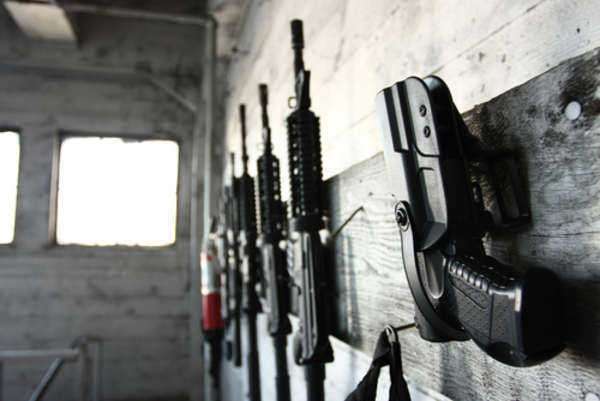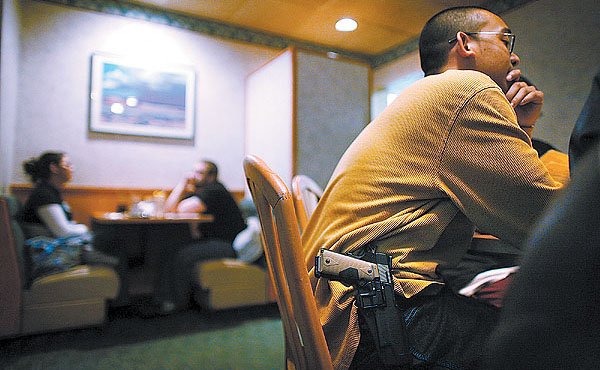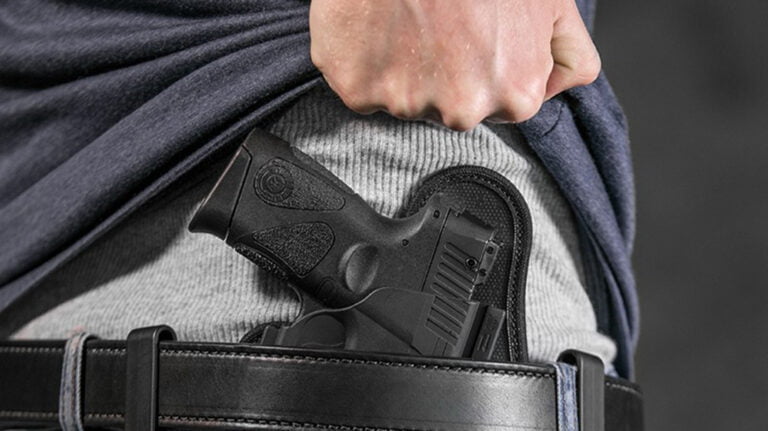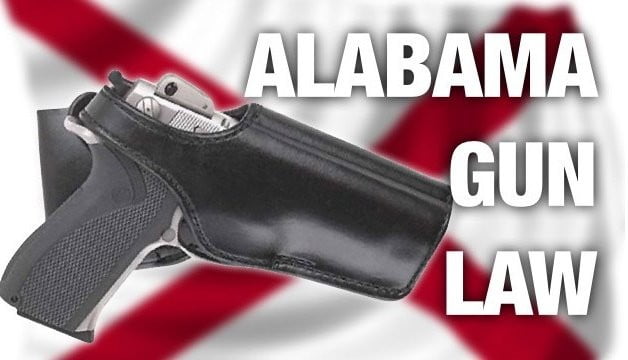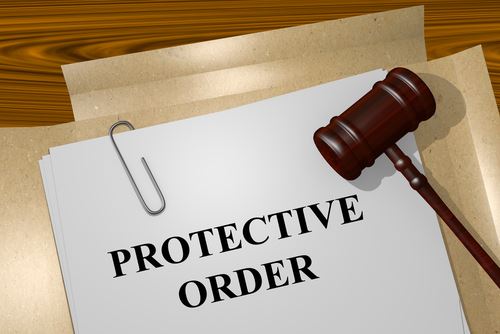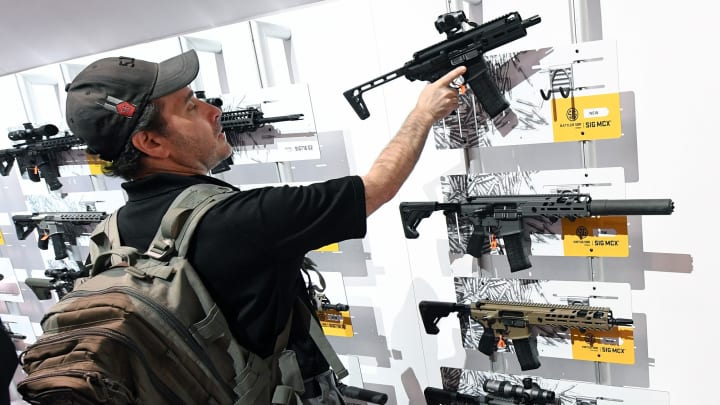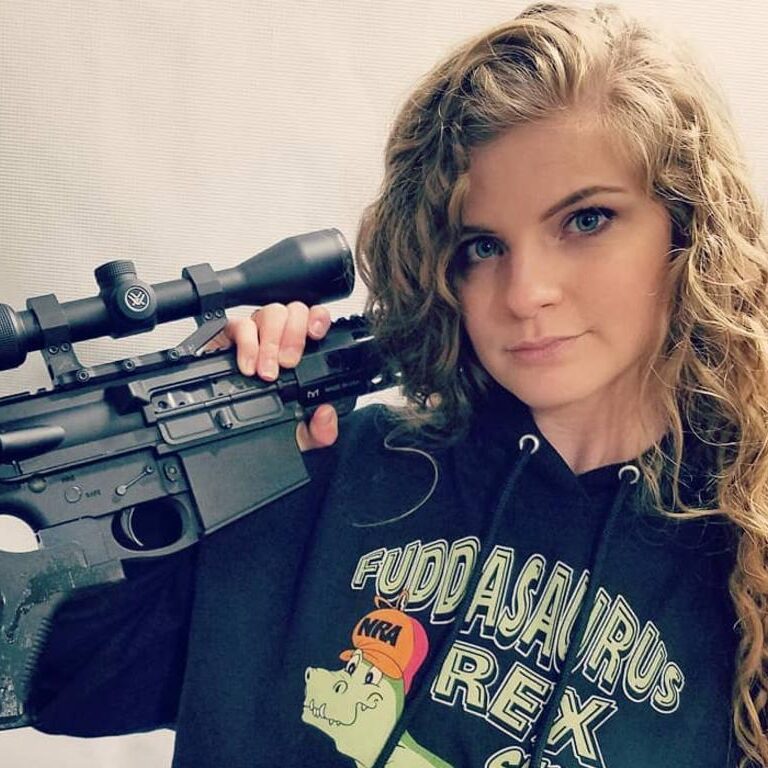Understanding Alabama’s Gun Control Laws: A Comprehensive Overview
In a country where the right to bear arms is deeply ingrained in the national ethos, the regulation of firearms remains a contentious and evolving issue. Alabama, often associated with its strong support for the Second Amendment, has its own set of gun control laws aimed at balancing individual rights with public safety. Despite its reputation for leniency, Alabama has implemented several regulations about firearm ownership and possession. In this article, we will delve into the intricacies of Alabama’s gun control laws, shedding light on the key statutes, eligibility criteria, and penalties for violations.
Introduction
Alabama, like many states in the United States, grapples with the challenge of balancing individual rights to bear arms with the imperative of ensuring public safety. While it is known for its relatively lax stance on gun control, the state has not remained untouched by the need for some level of regulation. It’s essential to understand the legal framework that governs firearm ownership and possession in Alabama, as these laws play a crucial role in maintaining law and order within the state.
Relevant Statutes (Laws)
Alabama’s gun control laws are primarily encapsulated within the Alabama Criminal Code, specifically in Chapter 11, Article 3, Sections 50 – 85. These statutes encompass a wide range of regulations, from carrying concealed weapons to unlawful discharge of firearms. Let’s delve into some of the key provisions:
Carrying Concealed Weapons – Section 13A-11-50
This section defines the rules and regulations surrounding the carrying of concealed weapons in Alabama. It outlines the circumstances under which an individual can carry a concealed firearm and the requirements for doing so legally.
Carrying Pistol on Private Property – Section 13A-11-52
This statute pertains to the carrying of pistols on private property. It delineates the rights and responsibilities of property owners and visitors when it comes to firearm possession on private premises.
Carrying Rifle or Shotgun Walking Cane – Section 13A-11-54
This section specifically addresses the carrying of rifles or shotguns disguised as walking canes. It seeks to prevent the concealment of firearms in this manner.
Unlawful Discharge of Firearms – Section 13A-11-61
Unlawful discharge of firearms is a serious concern for public safety. This statute outlines the circumstances under which discharging a firearm is considered illegal and the associated penalties.
Discharging Firearm into School Bus or School Building – Section 13A-11-61.1
The safety of students is paramount. This provision makes it illegal to discharge a firearm into a school bus or school building, with varying penalties depending on the specific circumstances.
Unlawful Possession of Altered Firearm – Section 13A-11-64
This statute addresses the possession of firearms that have had their manufacturing numbers altered or removed. Such alterations can raise concerns about the origins of the firearm and its potential use in criminal activities.
Possession of Short-Barreled Shot Gun – Section 13A-11-62
This provision deals with the possession of short-barreled shotguns. It outlines the legal requirements for owning such firearms in Alabama.
Possession of Firearm After Identification Altered – Section 13A-11-63
The alteration of a firearm’s identification can hinder law enforcement’s ability to trace its history and ownership. This statute addresses the possession of firearms after their identification has been altered.
Certain Persons Forbidden to Possess Firearms – Section 13A-11-72
Public safety concerns have led to restrictions on firearm possession for certain individuals. This section outlines the categories of people who are prohibited from owning firearms in Alabama.
Permit to Carry Concealed Pistol – Section 13A-11-73, Section 13a-11-75
To carry a concealed pistol in Alabama, residents must obtain an Alabama Pistol Permit. This section provides details on the eligibility criteria and the process for obtaining this permit.
Penalties for Illegal Firearms – Section 13A-11-84
Violations of Alabama’s gun control laws come with penalties. This statute specifies the penalties for illegal firearm possession.
Illegal Arms
In addition to federally mandated laws, Alabama makes it illegal to own a firearm that has had its manufacturing number altered or removed. This restriction is in place to maintain transparency and accountability in the realm of firearm ownership.
Waiting Period
Unlike some states, Alabama does not impose a waiting period for purchasing firearms. This means that individuals can acquire firearms promptly after completing the necessary legal requirements.
Who May Not Own
Alabama has established a list of individuals who are prohibited from owning firearms. This includes those convicted of violent crimes, misdemeanors of domestic violence, or individuals deemed to be of “unsound mind” due to various reasons, including mental illness.
License Required?
In Alabama, owning a firearm does not require a license. However, certain activities, such as carrying a concealed weapon in public, do necessitate specific permits.
Concealed Carry License Required?
To carry a concealed weapon in public, residents of Alabama must obtain an Alabama Pistol Permit. Non-residents are required to have an out-of-state concealed carry permit. It’s worth noting that carrying a concealed weapon on residential property or in a place of business does not require a concealed carry license.
Open Carried Allowed?
Open carry is permitted in Alabama as long as the firearm is securely holstered. However, carrying a rifle or a shotgun disguised as a walking cane is prohibited.
Eligibility for a Concealed Carry License
Obtaining an Alabama Pistol License to carry a concealed handgun requires applicants to be residents of Alabama and at least 18 years old. Exceptions are made for active military personnel and their spouses. Alabama operates on a “shall issue” policy, meaning that if applicants meet the eligibility requirements and do not fall within prohibited categories, the state is obligated to issue them an Alabama Pistol Permit.
Machine Gun Laws
Alabama, in alignment with federal law, prohibits the ownership of machine guns manufactured after May 19, 1986. This restriction is intended to regulate the possession of automatic firearms.
Penalties for Illegal Firearm Possession
Breaking concealed carry laws, illegal possession by minors, drug addicts, or those considered “habitual drunkards” can result in misdemeanor charges. Penalties may include up to six months in jail and a $500 fine. However, illegal possession of a firearm by a convicted violent felon, domestic abuser, or an individual of “unsound mind” is classified as a Class C Felony. Those convicted face up to ten years in prison and fines of up to $15,000.
Penalties for Illegal Possession on or Near School Grounds
Carrying a firearm in or near K-12 schools without a concealed carry license is illegal. Penalties for violations can range from a Class C felony to fines up to $15,000, depending on whether the school or bus is occupied or unoccupied. It’s important to note that Alabama allows firearms on college and university campuses.
Conclusion
Alabama’s gun control laws are a complex tapestry of regulations designed to strike a balance between individual rights and public safety. As with any legal matter, it is crucial to stay informed about the current state of the law, as it can change over time. Always conduct your legal research or consult with a knowledgeable attorney to ensure compliance with Alabama’s firearm regulations.
Check Alabama Firearms and Weapons Law, Office of the Attorney General
FAQs About Alabama’s Gun Control Laws
1. Are there any waiting periods for purchasing firearms in Alabama?
No, Alabama does not impose waiting periods for purchasing firearms. Individuals can acquire firearms promptly after completing the necessary legal requirements.
2. Who is prohibited from owning firearms in Alabama?
Alabama prohibits individuals convicted of violent crimes, misdemeanors of domestic violence, those deemed of “unsound mind,” and other specified categories from owning firearms.
3. Do I need a license to own a firearm in Alabama?
No, owning a firearm in Alabama does not require a license. However, certain activities, such as carrying a concealed weapon in public, do necessitate specific permits.
4. Can I openly carry a firearm in Alabama?
Yes, open carry is allowed in Alabama as long as the firearm is securely holstered. However, carrying a rifle or shotgun disguised as a walking cane is prohibited.
5. What are the penalties for illegal firearm possession in Alabama?
Penalties for illegal firearm possession vary. Violations of concealed carry laws or illegal possession by minors, drug addicts, or “habitual drunkards” can result in misdemeanor charges with penalties of up to six months in jail and a $500 fine. Illegal possession by convicted violent felons, domestic abusers, or those of “unsound mind” is classified as a Class C Felony, punishable by up to ten years in prison and fines up to $15,000.
6. Can you legally carry a gun in Alabama?
Alabama is an open carry state, meaning it is legal to openly carry a handgun in public without a permit. However, a permit is required to carry a concealed handgun. To obtain a concealed carry permit in Alabama, you must be at least 18 years old, complete a firearms safety training course, pass a background check, and pay any required fees. Alabama recognizes concealed carry permits issued by other states. There are some location restrictions on carrying firearms in Alabama, such as schools, courthouses, and establishments that serve alcohol. Overall, Alabama’s gun laws are relatively permissive compared to other states.
7. Can you have an automatic gun in Alabama?
It is legal to own automatic weapons in Alabama, but there are significant restrictions in place. To own an automatic weapon legally, you must undergo an extensive federal background check process and pay a $200 tax stamp fee for each weapon. Automatic weapons manufactured after 1986 are not legal for civilian ownership in Alabama or anywhere else in the US. So in summary – automatic weapons can be owned in Alabama with proper licensing and registration, but the process is heavily regulated at the federal level, restricting access to these types of firearms.
What states honor Alabama gun laws?
Alabama allows ownership of automatic weapons through strict federal licensing and fees. The state permits both open carry without a license and concealed carry with a permit. Alabama has reciprocity agreements recognizing concealed carry permits from over 30 other states. However, out-of-state visitors must still comply with all other Alabama firearm laws regarding possession, registration, and use within the state.
